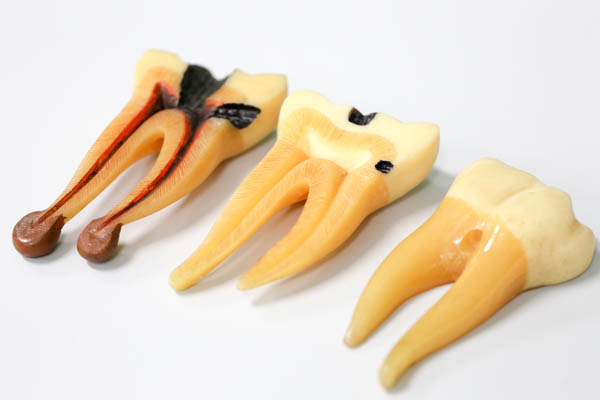If your visit to the dentist revealed that you have dental cavities, you have to start considering different ways to reverse the tooth decay process. Of course, while we were young, we all heard that sugars are harmful to our teeth. That did not exactly discourage us from eating candy, though. The fact is that sugars and carbs mix with bacteria to form plaque that sticks to our teeth and along the gum line. The bacterial plaque and the sugar combine to generate acids that attack the tooth enamel and cause dental decay. Aside from regularly brushing and flossing your teeth, the following tips will help reverse the formation of tooth decay.
How to combat tooth decay
Your drink choices matter
The best drink for combating cavities is water. Water is useful for neutralizing acids and cleaning your mouth when the conditions are not exactly suitable for proper brushing. It also prevents dry mouth by increasing the production of saliva, which is the mouth’s natural cleanser. Another excellent way to prevent sugary or acidic drinks from harming your tooth enamel is by using a straw when drinking. Using a straw limits the drink that contacts your teeth by sending the liquid straight to the throat.
Consume healthy meals
You should consider switching your meals to more nutritious ones in addition to increasing your water intake. Also, attempt to reduce the number of carbs you consume, including foods with high sugar and acid content.
Get a good toothbrush
Can you remember the last time you changed your toothbrush? Old toothbrushes often have frayed bristles and collect bacteria over time. This means they will not clean your teeth properly, and they may end up reintroducing bacteria into your mouth. Ideally, you should replace your toothbrush every three months, and especially after suffering from an oral infection, cold or virus. Select a toothbrush that is comfortable and does not abrade your gums. Brushing and flossing are the most essential tools for fighting cavities.
Get sugarless gum
You may find yourself wondering how chewing gum can help with proper oral care, but popping a sugarless gum after a meal is actually good for preventing cavities. Many varieties of these gums have xylitol, a natural sweetener. Xylitol helps to prevent the formation of plaque and makes it harder for it to bind to the teeth. Studies have shown that xylitol is an effective preventive agent. The act of chewing gum also increases saliva production in the mouth, which consequently helps to clean away food debris.
Get antacids to combat excess acid
If you are battling acid reflux disease, you should consider taking antacids to help regulate the acidic situation in the stomach. The reflux of acid to the mouth covers the teeth in caustic material that causes enamel deterioration, leading to tooth sensitivity and decay.
In conclusion
The tips listed above help reverse tooth decay. You should remember to book regular appointments with the dentist for cleanings and checkups to ensure your oral cavity is in excellent condition.




